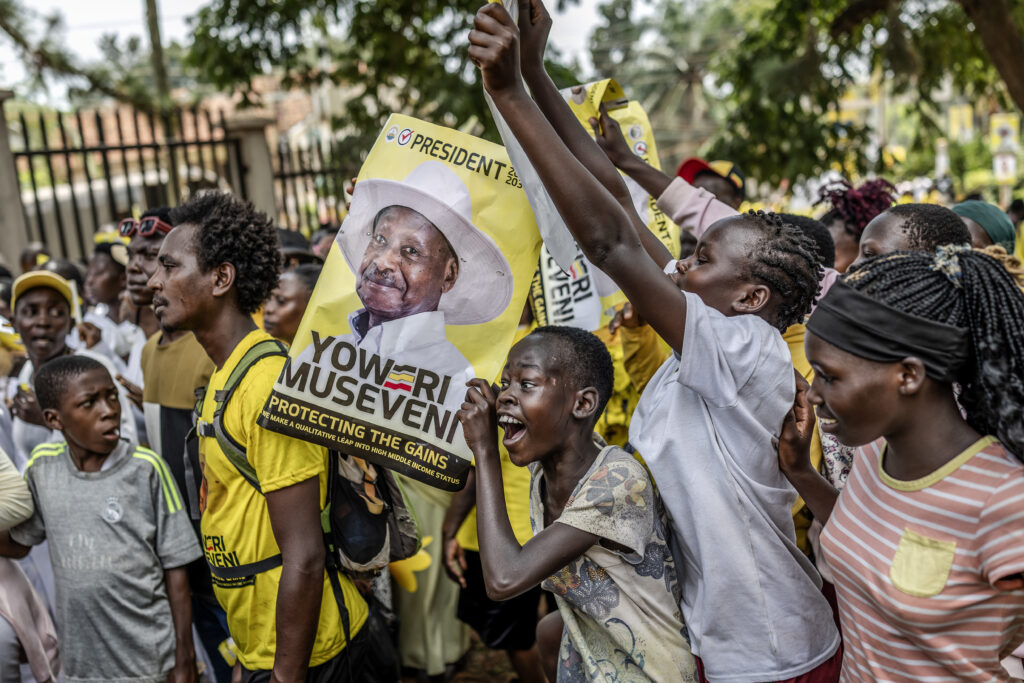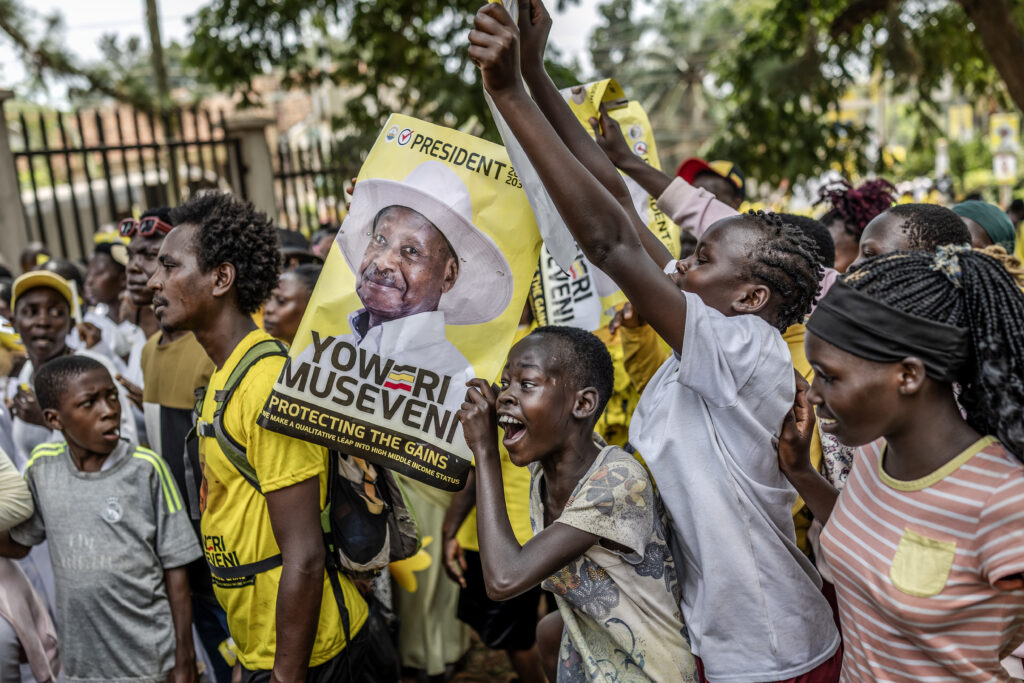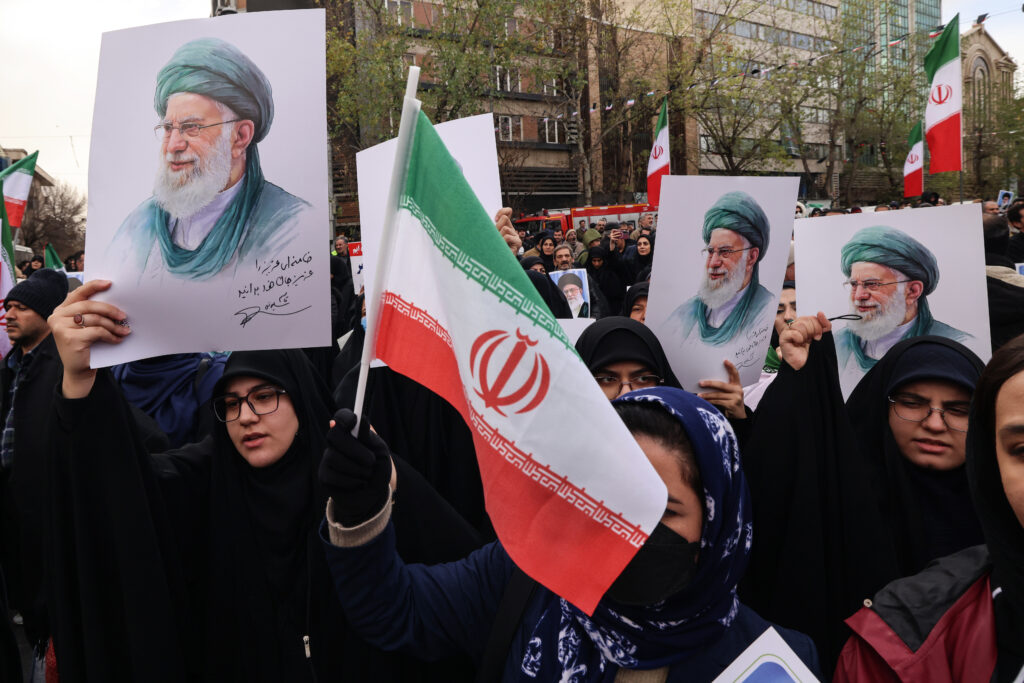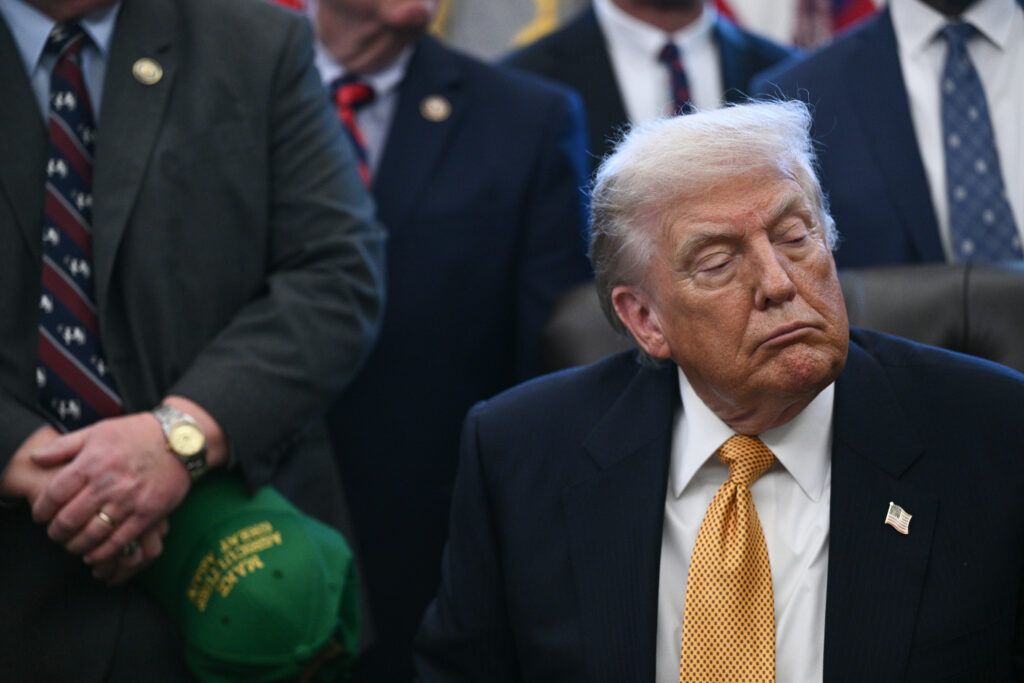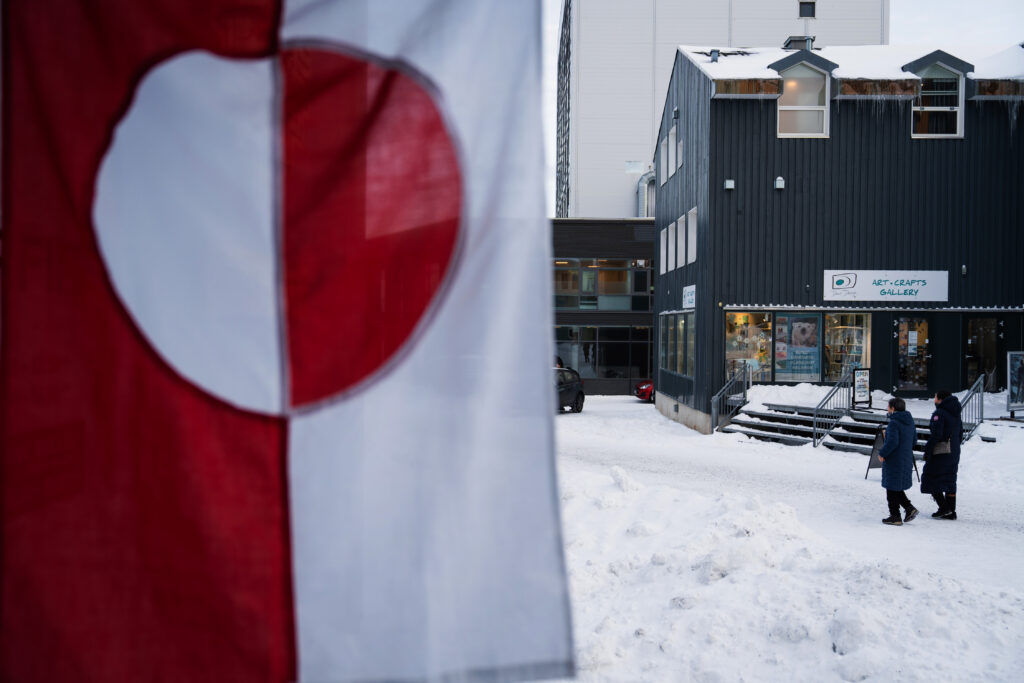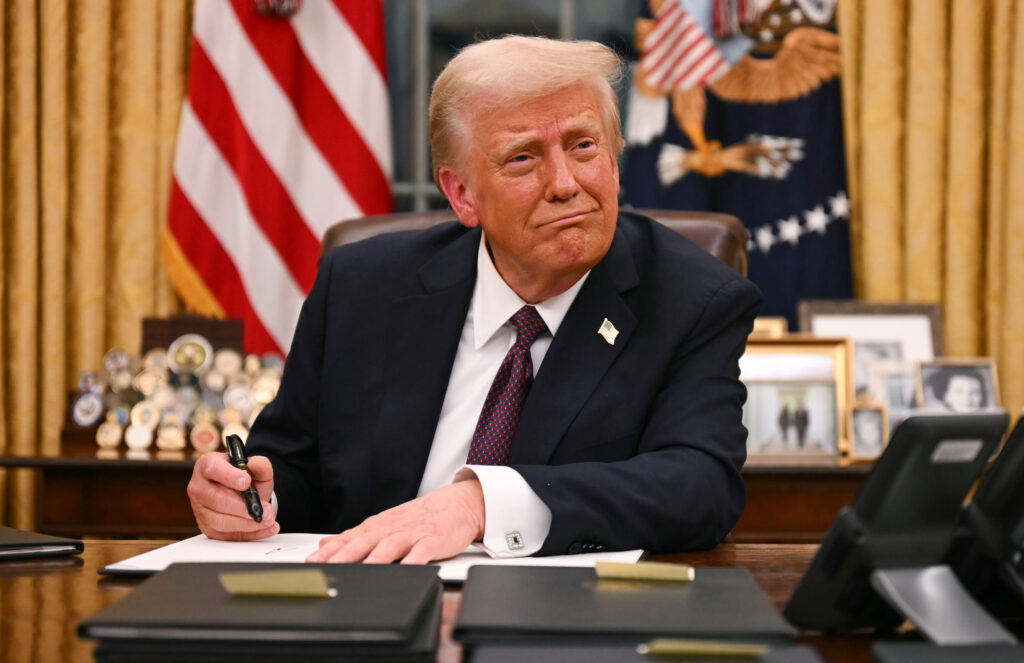Les Ougandais votent, entre répression policière et blocage d’internet
Les Ougandais se rendent aux urnes jeudi pour des élections législatives et présidentielle, le président Yoweri Museveni cherchant à prolonger ses 40 années au pouvoir dans un contexte de répression et de blocage d’internet.Dans la capitale Kampala, au moins un bureau de vote était ouvert comme prévu à 07H00 (04H00 GMT) ce matin mais le scrutin n’avait pas encore commencé dans d’autres localités, ont constaté des journalistes de l’AFP présents sur place.Le quotidien ougandais Daily Monitor a publié une pleine page sur la manière de “protéger votre domicile en vue des élections”, conseillant aux citoyens de renforcer leurs portes et fenêtres et de s’aménager une pièce sécurisée. Cette tension est familière dans le pays d’Afrique de l’Est après les quatre décennies de règne et six mandats présidentiels de M. Museveni, 81 ans, ex-guérillero accuséd’abus généralisés des forces de sécurité contre ses opposants.Son principal adversaire est l’ancien chanteur de raggamuffin devenu politicien Bobi Wine, 43 ans, qui se présente comme le “président du ghetto”, en référence à son quartier natal situé dans un des bidonvilles de la capitale, Kampala.Nombre d’observateurs voient dans le scrutin de jeudi une formalité pour le président sortant, qui se déroule dans un climat condamné par l’ONU comme “marqué par une répression et une intimidation généralisées” et de contrôle total de M. Museveni sur l’appareil d’Etat. Des centaines de partisans de Bobi Wine ont été arrêtés durant sa campagne, lors de laquelle il a pris l’habitude de porter un gilet pare-balles, qualifiant la période pré-électorale de “guerre” et le président de “dictateur militaire”.Nombre d’entre eux gardent toutefois espoir: les rassemblements du candidat ont attiré des foules plus nombreuses que prévu.L’autre grand chef de l’opposition, Kizza Besigye, qui s’est présenté à quatre reprises contre M. Museveni, a été enlevé en 2024 au Kenya et est réapparu devant une cour martiale en Ouganda. Il reste détenu pour des accusations de trahison.Une importante présence policière et militaire était observée dans les rues de Kampala à la veille du scrutin. Beaucoup d’habitants étaient nerveux.”Nous ne parlerons pas des élections. Vous pouvez poser n’importe quelle question, mais pas celle-là”, a déclaré un comptable d’une trentaine d’années qui n’a pas voulu donner son nom. “Allez voter”, a déclaré le président dans un discours cette semaine. “Quiconque veut porter atteinte à votre liberté, je l’écraserai,” a-t-il averti.- L’ONU inquiète -Malgré des promesses répétées qu’il ne le ferait pas, le gouvernement a coupé l’accès à internet mardi pour une durée indéterminée, présentant la mesure comme un moyen d’empêcher la propagation de la “désinformation” et de l'”incitation à la violence”.Cette coupure et la suspension récente de 10 ONG dans le pays ont été jugées “profondément inquiétantes” par l’ONU, qui a appelé à des élections “libres et authentiques”.La police a averti que le vote n’était “pas une justification pour des actes criminels” et a déployé des “agents spéciaux auxiliaires” nouvellement recrutés pour maintenir l’ordre. “Nous sommes parfaitement conscients qu’ils prévoient de truquer l’élection, de brutaliser la population, de tuer des gens, et ils ne veulent pas que le reste du monde le voie”, a déclaré Bobi Wine à l’AFP. L’opposant, qui a été arrêté à plusieurs reprises et torturé en détention militaire avant la présidentielle de 2021 – sa première candidature – a promis des manifestations en cas de fraude électorale.En Tanzanie voisine, internet avait été bloqué plusieurs jours à partir du 29 octobre dernier, jour d’élections jugées frauduleuses par des observateurs étrangers. Des manifestations antipouvoir avaient alors été réprimées dans le sang, avec plus de 2.000 personnes tuées selon l’opposition, dans l’opacité la plus totale. En Ouganda, des journalistes ont été harcelés et empêchés d’assister au dernier meeting du président à Kampala. Malgré plusieurs scandales de corruption, Yoweri Museveni reste pour beaucoup le “père de la nation”, qui a tiré le pays du chaos politique et économique à l’issue d’une guerre de brousse contre ses rivaux dans les années 1980.Plus de 70% de la population de l’Ouganda a moins de 30 ans et n’a connu que le “Mzee” – “Le Vieux” en swahili, un surnom teinté de bienveillance.
